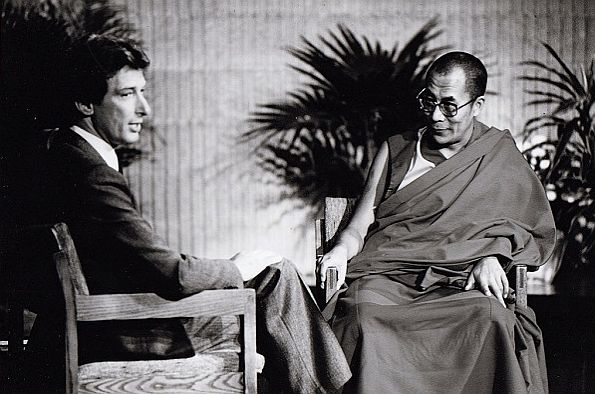|
The toll complaint takes on our aliveness is that whatever we complain about, defines (etches into the rock) an area of life that's incomplete. It re-enforces something not being "the way it's s'posed to be". What occurred for me is it's OK to complain as in offering constructive suggestions against a background of it's (already) OK the way it is. Without a background of it's (already) OK the way it is, complaint generates no new freedoms. Against a background of it's (already) OK the way it is, complaint brings out that which can be empowered.
"So ..." I asked her, "Does the Dalai Lama complain?". "What do you mean?" she asked after a moment, taken aback. Now look: he's the Dalai Lama, yes? And the way we hold the Dalai Lama is he's in a high place where he doesn't complain. But not only may that be untrue, it may actually be an insult to him. Human beings complain. It's somehow not allowing him to be human if you disallow him complaining. What's more likely is he generates a context of it's (already) OK the way it is, for what he may complain about, and that renders him able to powerfully make a difference with what he may complain about.
 Jetsun Jamphel Ngawang Lobsang Yeshe Tenzin Gyatso aka HH
the Dalai Lama, with Werner
Jetsun Jamphel Ngawang Lobsang Yeshe Tenzin Gyatso aka HH
the Dalai Lama, with Werner